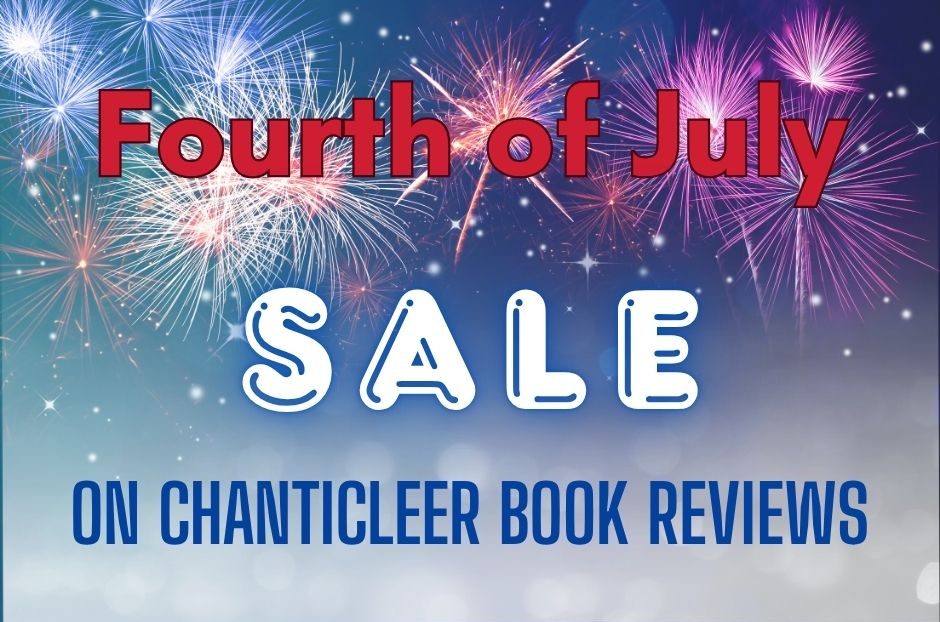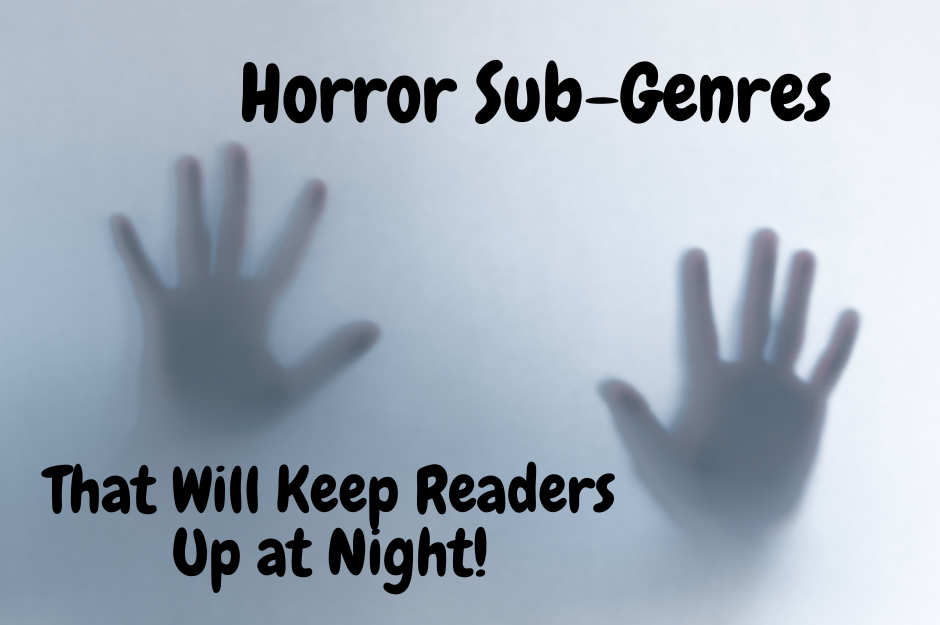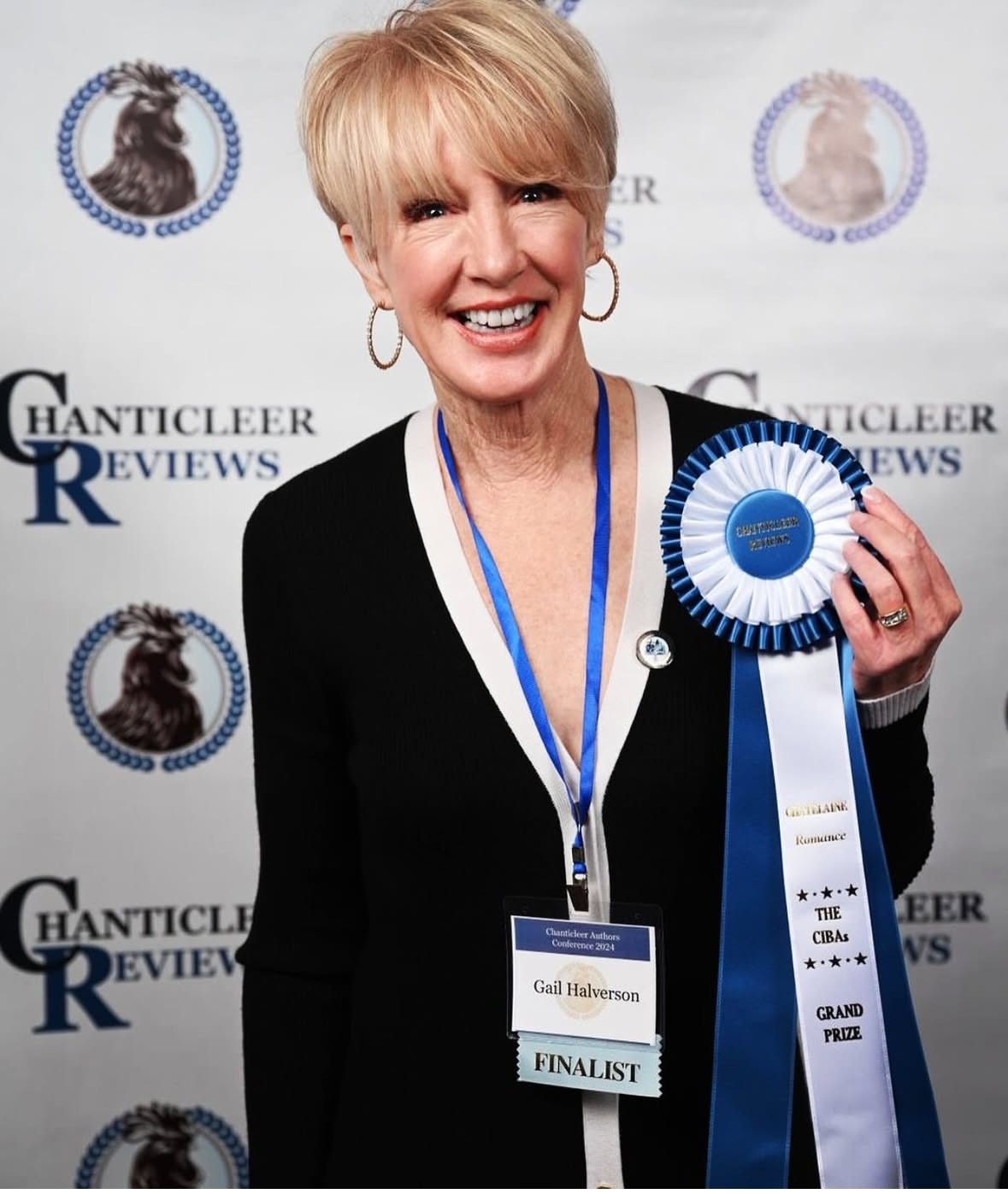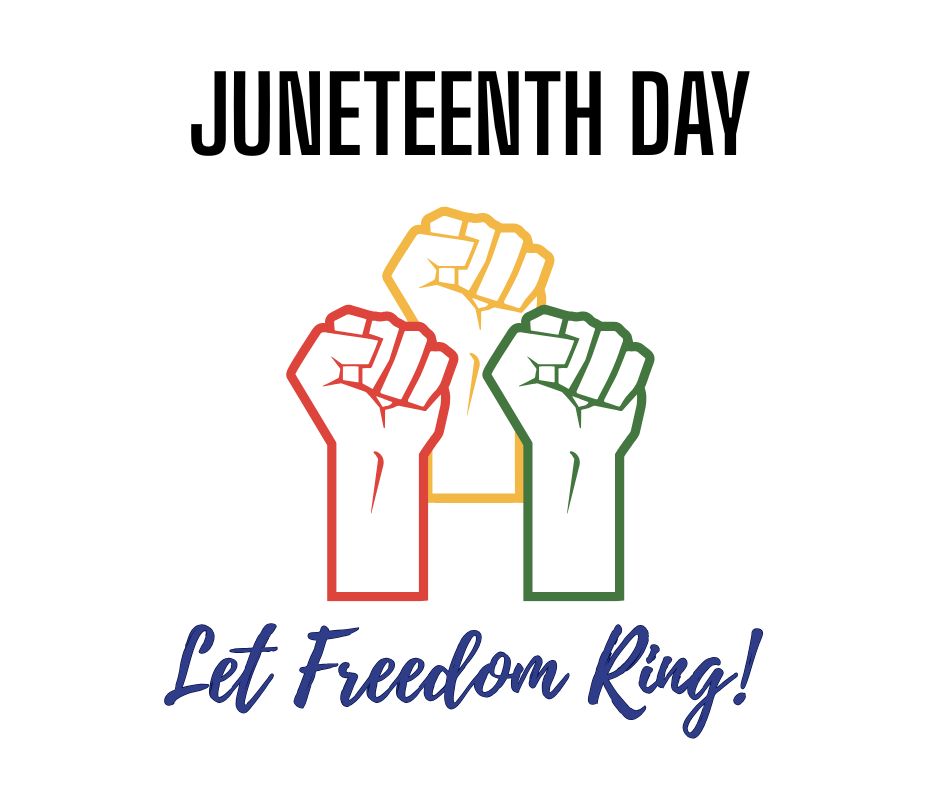|
Listen to or download this article:
|

What is it about a particular manuscript that makes it interesting to a literary agent (or the agent’s slush pile reader), acquisition editor, or professional reviewer?
While it may take more than a crystal ball to figure out exactly what lit agents and publishing houses acquisition departments want and let alone reviewers, guidance can be had. Line editors do understand what these gatekeepers want to see and, perhaps more importantly, what they do not want to see in a manuscript.
Advice from line editors can be an author’s first line of defense in climbing out of the slush pile to gaining a gatekeeper’s interest. No crystal ball required.

Jessica Morrell, a top-tier developmental editor for major authors and publishing houses, knows what these gatekeepers are seeking along with what makes them cringe.
Editors, agents, and reviewers are word people, most were English or journalism majors in college and have a great love and respect for the written word. They will notice your level of craft within the first sentences, so your efforts must be polished, vivid and exceptional.
Craft Tips & Techniques by Jessica Morrell, Editor
(with Added Comments, from Kiffer Brown, publisher of Chanticleer Reviews magazine)
- Your manuscript lives or dies on your opening sentences and each word must be perfect, precise, and weighted with meaning.
- (Most slushers (who work for agents and acquisition departments) do not read past the few pages of a manuscript. Don’t blame them for not reading more of your manuscript. Slushers have more works than they can possibly read in a month but have to slush in a given day. It is the writer’s job, neigh duty, to keep the slusher engaged. Slushers are professional readers who are panning for “gold and gems in the raw.” This system is by design, btw.)
- Editors notice and are turned off by passive voice and wimpy verbs.
- (Enough said.)
- Editors notice when the viewpoint jumps or shifts within a scene.
- (This is a pet peeve of professional reviewers—an indication of lack of writing craft and skills.)
- Editors notice too much telling (reporting or summary) and not enough showing in all types of writing including essays and memoir.
- (A line editor can help with too much telling with comments and questions.)
- Editors notice when emotions are announced instead of dramatized.
- (Reviewers call this “lazy writing.”)
- Editors notice the frequent use of names in dialogue. Generally, leave out names.
- (Multiple names, especially names that are similar, are irritating to reviewers. When the reviewer has to make notes about who is whom it had better be for furthering the plot significantly.)
- An editor notices sloppy punctuation such as excessive use of exclamation points, quote marks around inner thoughts, improper use of semicolons and ellipsis.
- (Reviewers see this as the author not being professional about the work (or his or her writing career) to have it professionally proofed – the most basic type of editing.)
- Editors notice protagonists who are not proactive, heroic in some way, and bigger than life. (
- Reviewer’s Mantra – Novels are depictions of life without the boring bits.)
- Editors notice characters with a limited emotional range and expression.
- (One-dimensional character and cardboard characters are uninteresting.)
- Editors notice large and small inaccuracies and inconsistencies—when the character has blue eyes on page 23 and green eyes on page 57; when a character drives an old, beat-up, pick-up truck that is inexplicably equipped with airbags; when an animal, plant, or species of any sort is misnamed or shows up in the wrong region of the country.
- (Did the author care enough to do the background research for the work? These technical details’ correctness can make or break the construct of a story.)
- Editors notice when technical details don’t ring true—such as in a mystery when police don’t follow standard arrest procedure; or when a yacht sinks from a single bullet hole; or explosive materials are used haphazardly. (See comment above.)
- Editors notice vague descriptions (plant instead of ivy, a tree instead of oak) and generalities instead of details that bring the reader into a specific time and place.
- (Vague descriptions are perceived as lazy writing which is not a reputation that an author would want to be known for.)
- Editors notice when writers don’t write for all the senses, especially leaving out smells.
- (This is called the white room syndrome and it makes a manuscript about as boring to read as an old school telephone book.)
- Editors notice small confusions such as misusing it’s and its, that and which, affect and effect, compliment and complement, lay and lie.
- (With tools (apps) such as Grammarly and Grammar Girl, there is no reason for these misuses to occur. Additionally, these basics are covered thoroughly in The Elements of Style, a slim tome that is indispensable writers.)
- Editors notice overly long paragraphs and a general lack of white space. Generally, paragraphs are five or six sentences long and as taught in grade school introduce a topic, develop a topic, then conclude or lead on to the next paragraph.
- (Edit, delete, cut your word count—as Stephen King says, “Kill your darlings.” The rule of thumb is that most manuscripts can be cut by 20 percent.)
- Editors notice a lack of transitions—the words and phrases that announce a change in mood or emotion, time, and place so the reader can easily follow. They also know excess transitions as when you follow your characters across every room and along every sidewalk.
- (Use transitions as you would salt and pepper—just enough but not too much. The correct amount of transitional phrases are the hallmark of solid writing.)
- Editors notice excess modifiers, purple prose, and too much description. The best writing is lean and economical and every word in every sentence has a job to do.
- (Yes! Every word must move the story forward.)
- Editors notice a voice that is flat, inappropriate, or boring. Voice, whether it is the writer’s voice in an essay or the viewpoint character or narrator in fiction, must breathe life into the piece and hint at the person behind the words.
- (Writing styles can mimick the guests at a cocktail party. There is always the bore who goes on and on and usually in too much detail also. The bore is the one guest who is the least tolerated even more so than the boisterous, the chatty, the tipsy, and even the know-it-all. But everyone loves the one who can tell a good story, or the who has a bit a mystery, and the one who is interested in others and respects others is always invited back. Respect your readers with your writing and your writing will earn respect.)

Chanticleer Editorial Services
Did you know that Chanticleer offers editorial services? We do and have been doing so since 2011.
Our professional editors are top-notch and are experts in the Chicago Manual of Style. They have and are working for the top publishing houses (TOR, McMillian, Thomas Mercer, Penguin Random House, etc.). If you would like more information, we invite you to email Kiffer or Sharon at KBrown@ChantiReviews.com or SAnderson@ChantiReviews.com for more information, testimonials, and fees.
We work with a small number of exclusive clients who want to collaborate with our team of top-editors on an on-going basis. Contact us today!
Chanticleer Editorial Services also offers writing craft sessions and masterclasses. Sign up to find out where, when, and how sessions being held.

Writer’s Toolbox
Thank you for reading this Chanticleer Writer’s Toolbox article.
Keep writing, keep dreaming, have heart. Jessica
Keep on creating magic! Kiffer








Leave A Comment